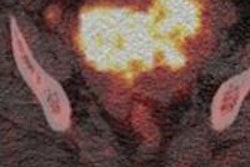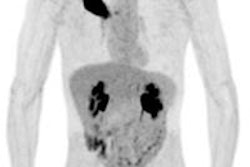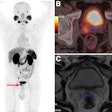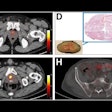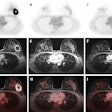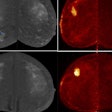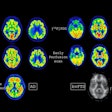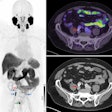Dear Molecular Imaging Insider,
Even though PET/CT has been an influential hybrid modality for a myriad of clinical applications for more than a decade, researchers continue to discover new benefits.
This Molecular Imaging Insider features a new study from Nottingham University Hospitals in the U.K. that found PET/CT to be a viable option for accurately estimating tumor length in esophageal cancer cases. PET/CT's prowess could help in the planning of radiotherapy, resection, or other treatment. Read more by clicking here.
A new window into the development of Alzheimer's disease may have been opened up by researchers in Germany who used PET/MRI to study the formation of beta-amyloid plaques. Researchers followed the development of amyloid plaques in the brains of mice that have a similar disease, and found a direct connection between the plaques' formation in cerebral blood vessels and reduced blood flow in the brain.
In other news, the global nuclear medicine imaging equipment market will face the challenges of lackluster world economy and reimbursement issues for the rest of this decade.
A report from market research firm GlobalData estimates the PET and SPECT market could reach $2.2 billion by 2020, with a compound annual growth rate of 3.3%. The Asia-Pacific region will see the greatest percentage of market share, rising to 29% by the end of the decade.
Be sure to stay in touch with the Molecular Imaging Community on a daily basis for all the latest news and research from around the world.







